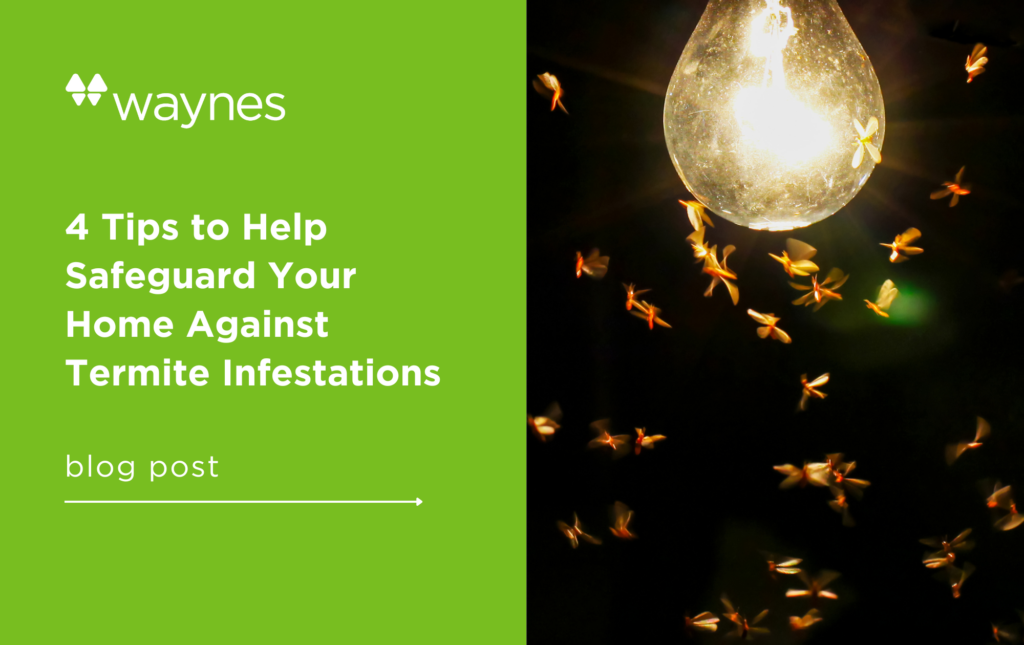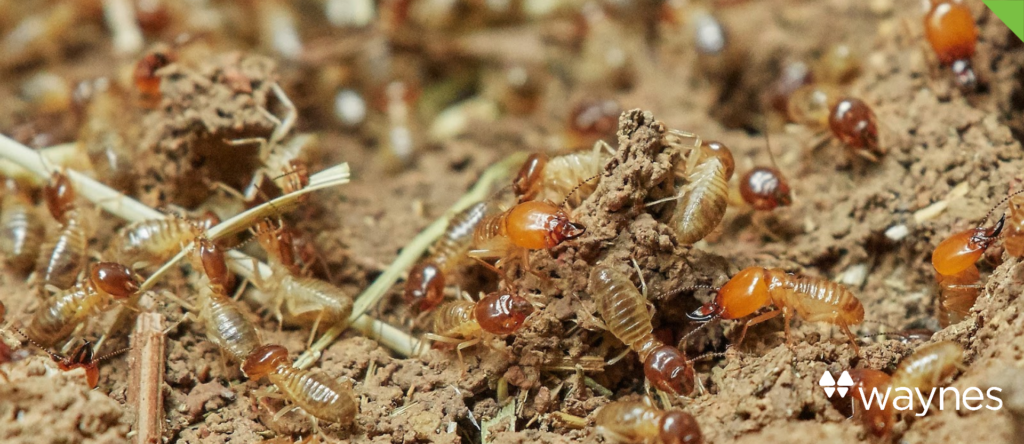Experts are warning of an increase in tick numbers this year and beyond. With ticks comes a rise in the diseases they can spread to humans, including the potentially severe Lyme Disease.
We’ve touched on some of the ways that ticks are problematic in this previous post. It is, however, important to emphasize again, as tick bites and Lyme Disease are becoming increasingly more prevalent in the United States.
Once mainly confined to the Northeastern US, the range of Lyme-carrying ticks is expanding due to climate change. The CDC reported in 2019 that Lyme accounted for 82% of tick-borne diseases and that cases have more than doubled between 2004 to 2019.
Indeed, Lyme Disease doesn’t appear to be going away, and Waynes wants to help you avoid it and the ticks that carry it.
What Is Lyme Disease?
Lyme Disease is one of the most common vector-borne diseases (i.e., transmitted by the bite of a bug) in the US, with around 476,000 Americans diagnosed and treated each year. Mainly, caused by the infectious bacteria Borrelia burgdorferi, Lyme Disease is normally spread by black-legged ticks (aka deer ticks) in the nymph stage of their lifecycle.
The disease affects the nervous system of humans and other animals. Both black-legged ticks and animals infected with Lyme Disease must be present in an area for ticks to spread — it cannot be transmitted from person to person.
What Are the Symptoms?
Ticks can attach to any part of the body, but prefer the groin, armpits, and scalp. Once attached, it takes 36 to 48 hours to transmit Lyme Disease, so catching any tick bites early is key! If infected, a person will develop the following symptoms in 3 to 14 days:
- Skin rash (purplish or dark red in color) around the bite site, often in a bullseye shape
- Fatigue
- Headache
- Chills and fever, much like the flu
- Muscle and joint achiness
- Swollen lymph nodes
If any of these symptoms occur, it’s important to seek antibiotic intervention immediately. Even if you remove the tick, keep it so it can be tested by a medical professional. Lyme Disease is rarely life-threatening, but long-term problems can occur, such as arthritis or nervous system issues.
How Can I Avoid It?
The best thing to do is prevent being bit and, if you are, to catch it early! If you are going to be spending time outside, here are some ways to protect yourself:
- Avoid walking in high grass or brushing against leaves of other plants. Ticks wait there to cling to passing hosts.
- Use insect repellent.
- Treat your pets! Make sure your furry friends are up-to-date on their tick and flea medication.
- Bathe or shower after being outdoors and perform a thorough tick check.
- Put jackets or outside layers in a dryer for 10 minutes to kill ticks.
- Vacuum carpets and throw rugs frequently to eliminate eggs!
And remember, it’s not just in the deep woods that tick bites occur — 75% of tick bites are reported to happen during normal backyard activities.
How Can Waynes Help?
We treat the areas where ticks typically thrive, so you can relax and focus on enjoying yourself. Waynes will evaluate your home’s outdoor areas and establish a protective perimeter around your home. Using CDC-approved insecticides, we’ll treat your yard and outdoor spaces, as well as the exterior of your home.
At Waynes, we know that every home is different, and we’ll tailor a solution just for you. Don’t let another minute of outdoor fun pass you by. Contact us today or call 866.WAYNES1!









